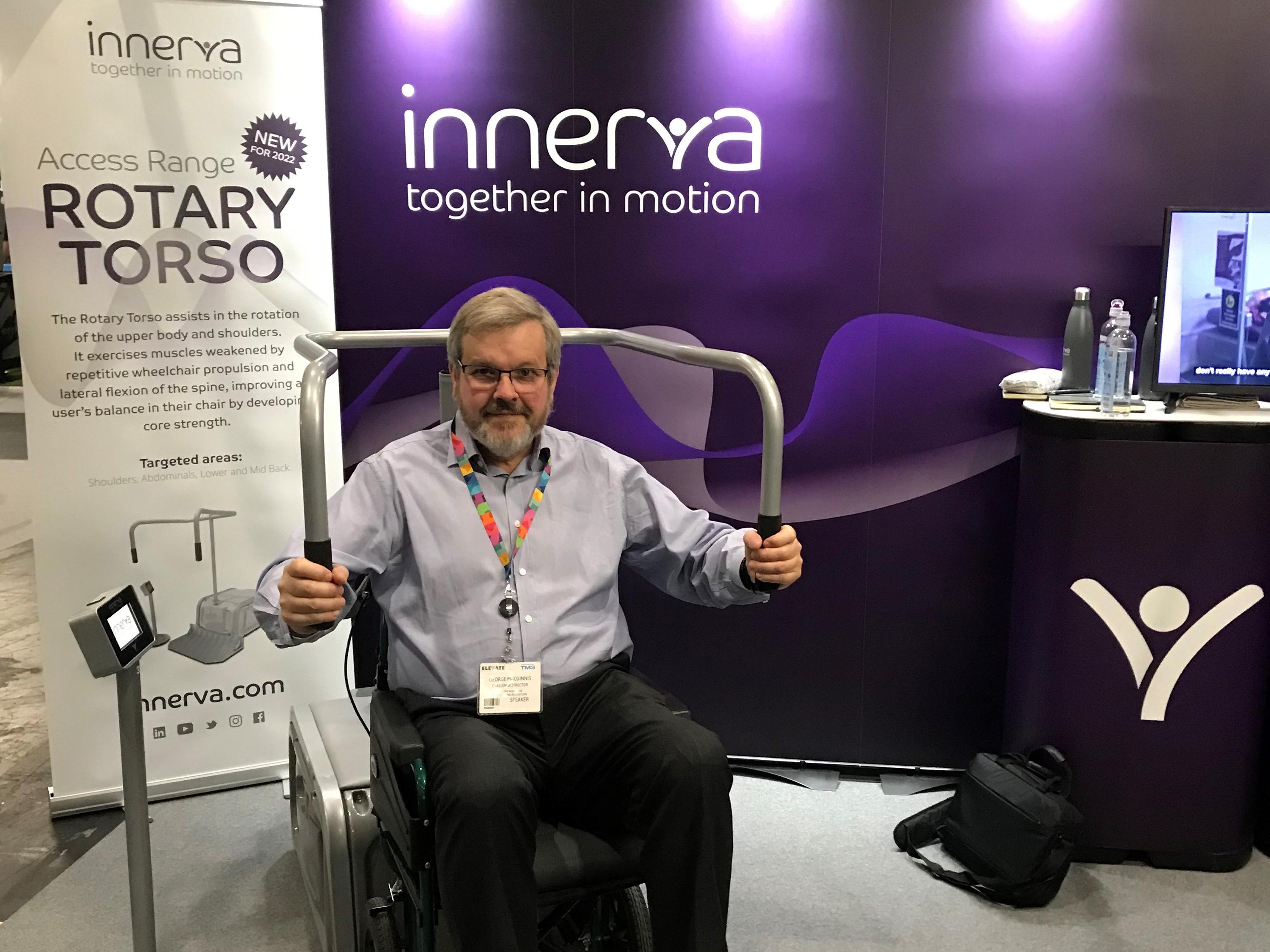Innerva is to address the barriers to physical activity in older adults after receiving funding from UK Research and Innovation (UKRI), the public body that distributes government funding for research and innovation.

The £1.1 million funding, part of the UKRI’s Healthy Ageing Challenge, will see the UK manufacturer of power-assisted equipment work with researchers to explore the challenges older adults face in accessing physical activity and how public sector leisure providers can successfully engage with this market.
Partnering with the Advanced Wellbeing Research Centre at Sheffield Hallam University as well as Manchester Metropolitan University, Innerva will also develop new solutions that promote active ageing, giving UK leisure operators the tools to help people in their local communities remain independent and socially connected for as long as possible.
The UK is an ageing society. By 2035, more than half of adults in the UK are expected to be 50 or over and the number of people aged 85 and over is projected to double by 2050*. Yet, the number of years people live in poor health is also increasing. Being physically active is one of the most effective ways to improve quality of life in later years, but to date the UK leisure sector has failed to engage with older adults at scale. This project will aim to address this issue.
Howard Blackburn, MD of Innerva, said: “We are extremely grateful to the UKRI for this funding. It will help us identify why older adults continue to turn their back on the UK’s leisure facilities despite being the people who could benefit most from them. The funding also allows us to work with our research colleagues to bring viable solutions to market to help leisure operators provide the right opportunities for older adults to be active.”
The project will last 24 months. The research team will spend the first six months talking to older adults to understand their motivators and barriers to exercise, while also working with public sector providers to determine their challenges in engaging with older adults.
Rachel Young, Research Fellow at the AWRC, said: “Fears about not being able to access or safely use conventional gym equipment prevents older adults from engaging in venue-based exercise. Power assisted exercise is a safe and effective solution, this funding will enable older adults to be involved in its development and wider adoption.”
Ben Heller, Associate Professor in Sports Engineering, Sheffield Hallam University: “We will work with these users, particularly those who don’t currently attend leisure centres and gyms to identify barriers that are stopping them, and then develop gamification technology and other solutions that will motivate users to begin and maintain regular exercise.”
Professor Paul Smith, Marketing, Retail and Tourism Business School, Manchester Metropolitan University, said: “We look forward to supporting Innerva in identifying and addressing barriers to older adult participation in exercise through market research conducted with a range of organisations and older adult communities. Innerva powered exercise equipment is already highly effective in helping older adults and people with therapeutic or rehabilitation needs, but this project will enable them to further develop their offerings and help to dramatically increase the number of people able to access and benefit from their exercise machines.”
The findings of this research will inform the launch of new solutions, the first of which will protype this November.
*Source: GOV.UK